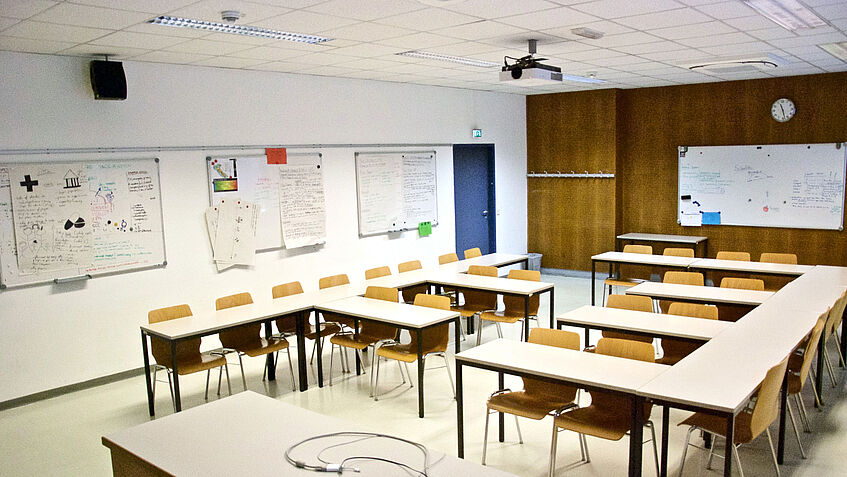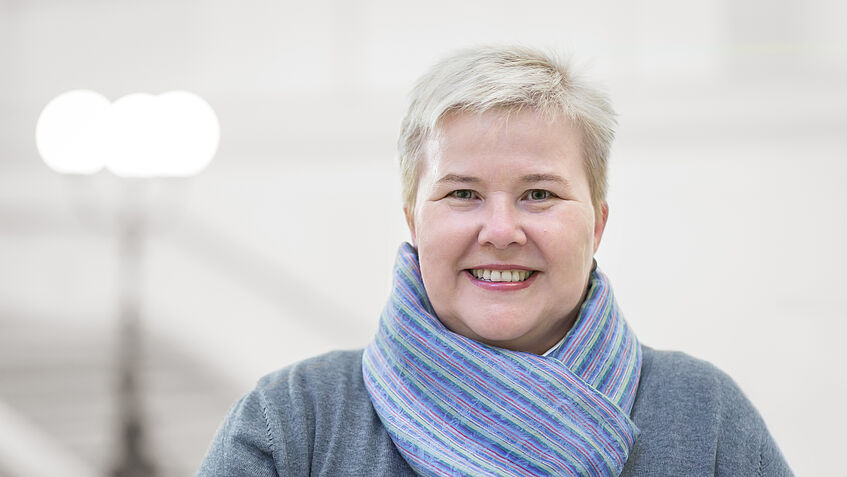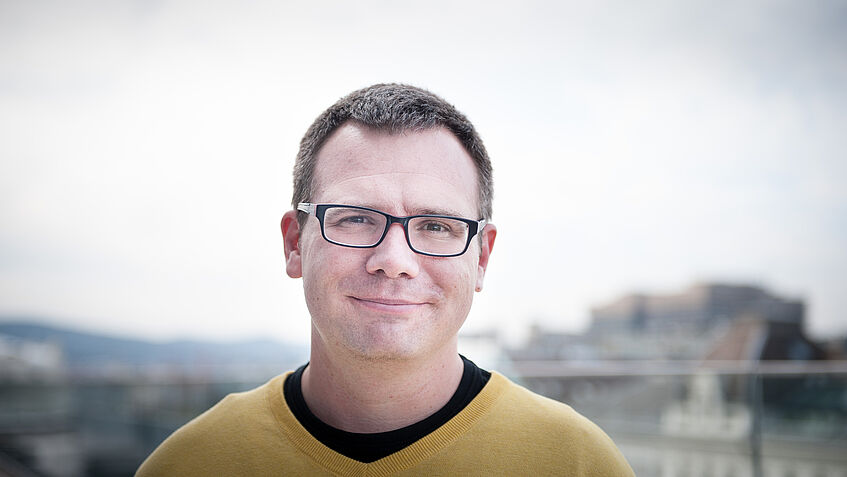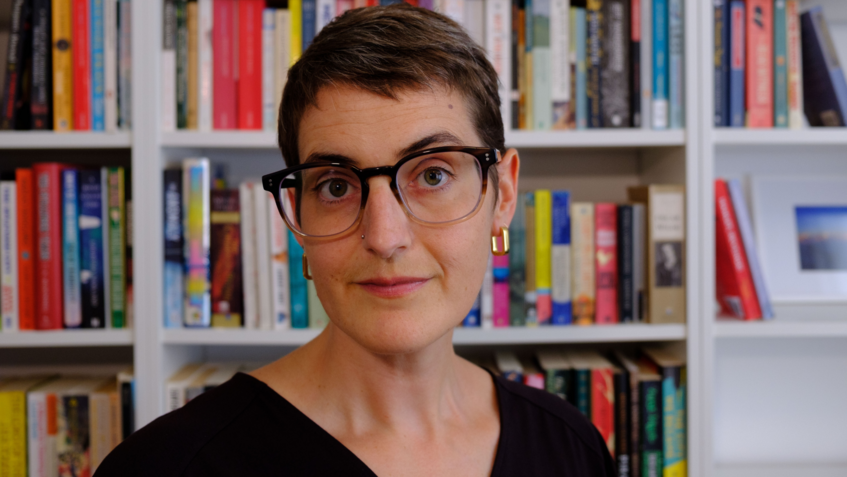Learning Environment

Learning Environment
Our learning environment is interdisciplinary, international and research-oriented.
Lived interdisciplinarity characterises the interactions within our programme, as does a commitment to internationality. The diversity of experiences students bring from very different cultural and disciplinary backgrounds is the basis for rich exchanges in the programme.
In research-orientated teaching, our students benefit from studying at an internationally connected and highly visible research institute. A vibrant mix of international students and guest teachers contributes to the unique atmosphere of our programme.
Students are taught by staff who is experienced in conducting cutting-edge research and thus can learn from actual ongoing projects. International collaborations bring a range of high-class scholars and academics from all over the world to Vienna, who also offer courses and lectures at the institute.
Prof. Dr. Ulrike Felt, Professor of Science & Technology Studies
"We are looking for open-minded and dedicated students ready to engage with the complex relationships between science, technology and society. The master’s programme has a clear international and interdisciplinary orientation. We hence strongly encourage the participation of students from different cultural backgrounds, as well as from different disciplines – ranging from the social sciences to the humanities, the natural sciences and engineering."
"In a time in which higher education is becoming more and more massified and anonymous, it’s a privilege to work with a reasonably sized group of motivated students from very different backgrounds, in a context which allows teachers to engage with students’ individual experiences, profiles and development – and be challenged by them."
"The teaching on our MA in Science-Technology-Society is one of the most exciting aspects of our activities here at the Department of Science and Technology Studies. Students work with case studies, collaborate in interdisciplinary teams, engage with new and emerging research, and carry out practical activities. Our aim is to develop forms of teaching that empower students and which enable them to critically reflect upon, and contribute to, the key issues of our contemporary societies."



